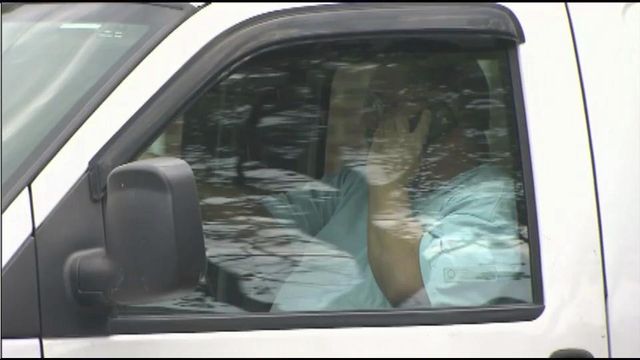NC Supreme Court hangs up on Chapel Hill cell phone ban
The North Carolina Supreme Court on Thursday struck down Chapel Hill's law banning cell phone use while driving and also curtailed an ordinance regulating towing in the town.
Posted — Updated"The Supreme Court was very clear, the State of North Carolina's interest in regulating texting and cell phone use in vehicles pre-empts our ability to do it here in Chapel Hill," Mayor Mark Kleinschmidt said.
Superior Court Judge Orlando Hudson issued an injunction against them in August 2012, but the state Court of Appeals reversed that a year ago. The Supreme Court reversed the appellate decision and sent the ordinances back down the chain for further review.
George King, who runs a towing business in Chapel Hill, sued the town over both laws. He said he couldn't obey the towing rules, which require that a tower notify police within 15 minutes of a tow without breaking the cellphone ordinance banning the use of cellphones while driving.
The Supreme Court said that "municipalities are preempted by state law from regulating a driver’s use of a mobile phone," noting state lawmakers have already placed some limits on the use of cell phones while driving.
Some residents do not want the town to give up on the issue.
“I have got my kids here and I can tell you when they see somebody who is in their phone, while they are driving, it makes them very nervous,” Meriwynn Mansori said.
The court also said that Chapel Hill was within its rights to enact rules regarding towing, but justices ruled that regulations setting caps on the fees towing companies could charge and preventing them from passing along any credit card fees were beyond the town's authority. Those two provisions of the towing ordinance were struck down, but other elements, such as requiring that tow zones be properly marked, that wrecker drivers inform police before towing any vehicle and that impound lots be located within 15 miles of town, remain intact.
“Hopefully our ability to require signage, and notice to people, that they don't park here if you don't want your car towed, if we can get that message out, we can keep people from having that experience,” Kleinschmidt said.
• Credits
Copyright 2024 by WRAL.com and the Associated Press. All rights reserved. This material may not be published, broadcast, rewritten or redistributed.





